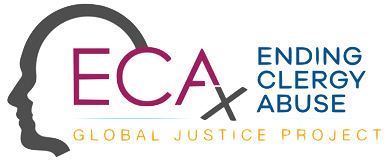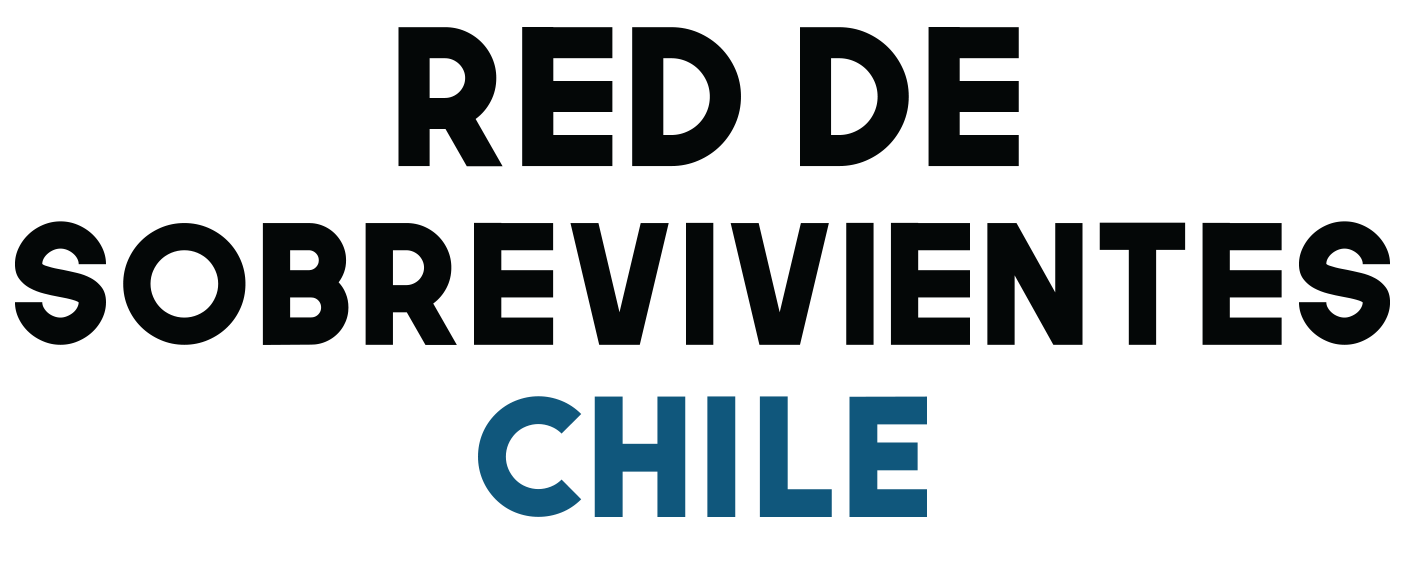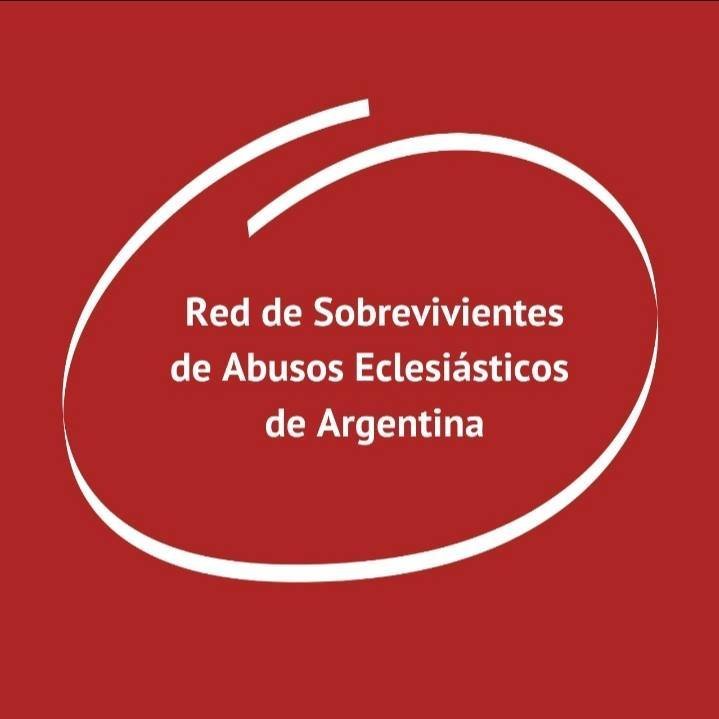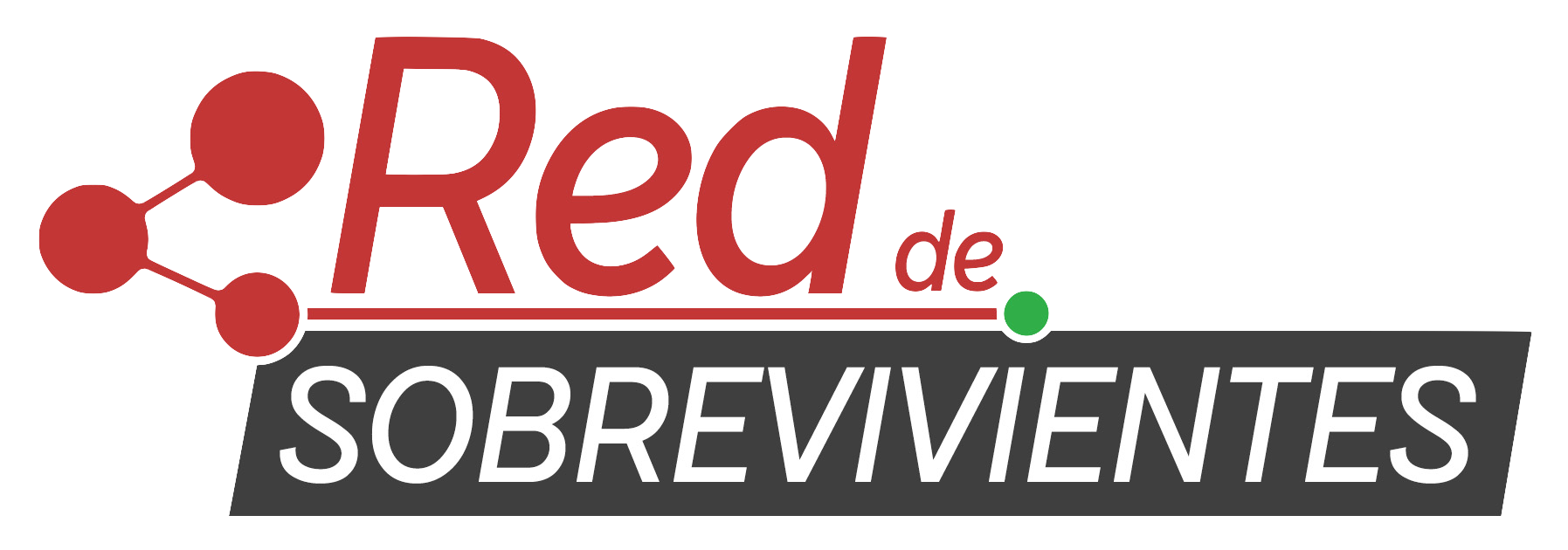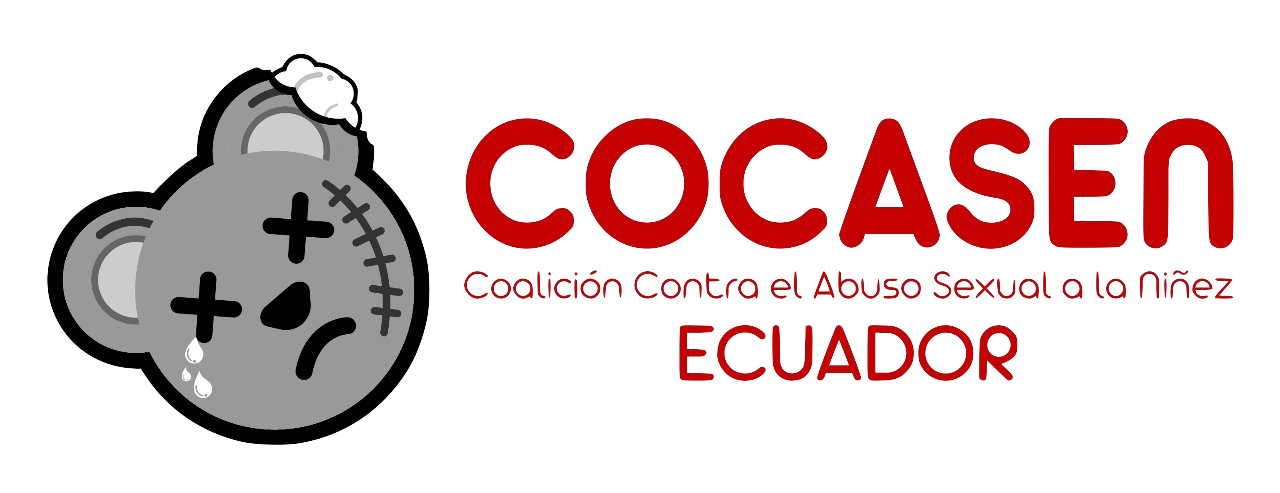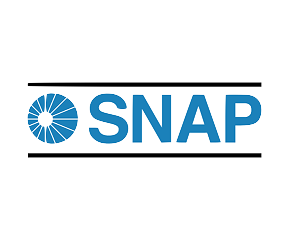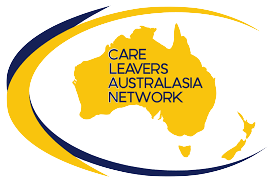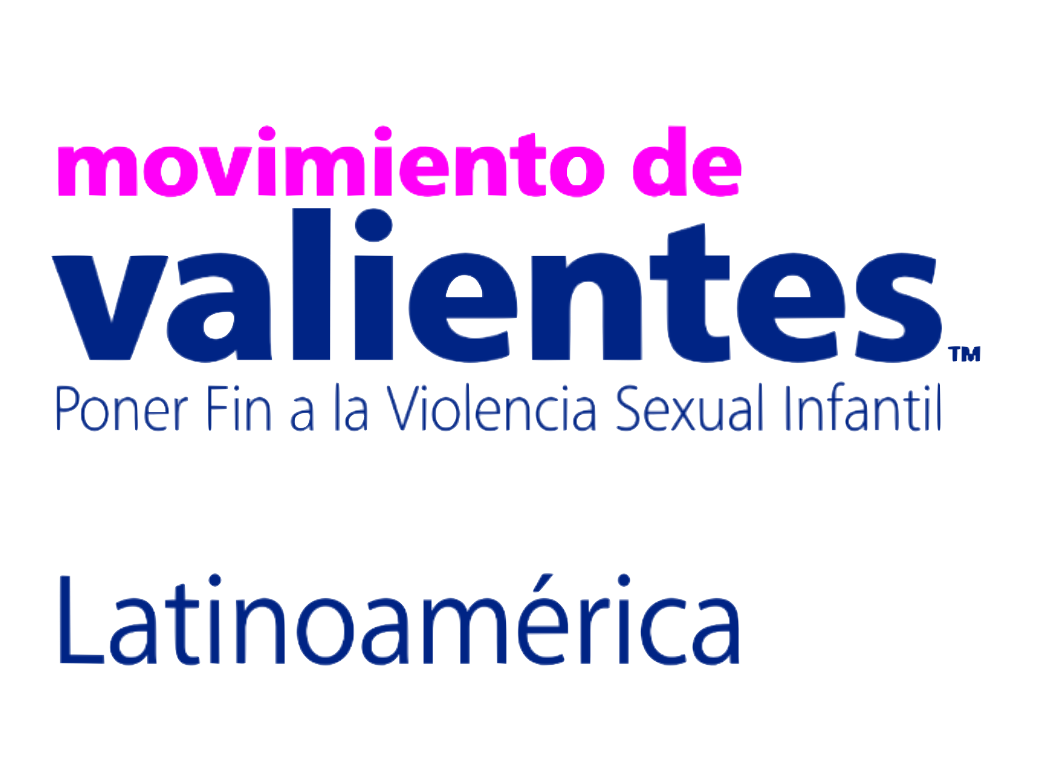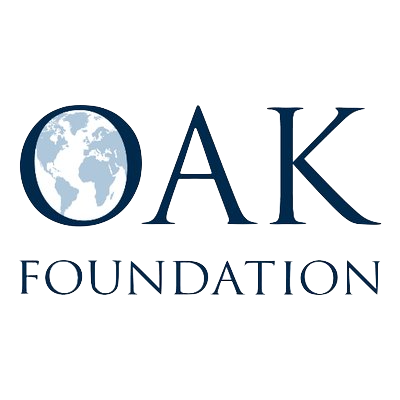[Leer en español / Leia em português]
Latin America is at a tipping point in reckoning with sexual violence against children in the Catholic Church, with complaints having emerged in every country in the region. Survivor-led networks both in Latin America and abroad have spearheaded calls for the establishment of national inquiries to expose the truth and identify accountability, for legal reform to improve survivors’ access to justice and for redress schemes to rectify the harm suffered. By supporting these networks in Latin America, we aim to encourage their development across the region so that governments can no longer ignore their demands for truth, justice, redress and reform.
Why are we working on this project?
Survivor-led networks have been behind every successful attempt to reform the law and establish national inquiries into institutional child sexual abuse. Legal reform and inquiries are two of the most significant ways for closed institutions to be held accountable when children are systematically abused within their walls. For this to happen, every country should have a survivor-led network. But in Latin America only a handful do. This is partly because survivors generally lack the resources and capacity to mobilise.
Why now?
Our research into clergy abuse in Latin America found that the region was on the brink of a global ‘third wave’ of abuse scandals, following those first exposed in North America followed by Europe and Australasia. Building on this momentum, we are supporting mobilised Latin American survivors to campaign nationally for truth, justice, redress and reform. Existing and emerging survivors’ networks are looking for support now to boost their campaigns through partnerships, funding and capacity building. CRIN is responding to this call.
What do we want to achieve?
Our work involves strengthening the capacity of survivors’ networks that already exist in Latin America, and supporting individual survivors who want to start their country’s first network. By supporting survivor-led networks in Latin America, we aim to encourage their development across the region in order to amplify survivors’ demands for truth, justice, redress and reform. Following their lead, we are aiming for:
More countries in Latin America to have a survivor-led network so that governments can no longer ignore survivors’ demands;
Abolishing statutes of limitations for child sexual abuse offences, which are one of the biggest barriers to accessing justice; and
Establishing national inquiries into institutional child sexual abuse which, in countries abroad, have triggered legal reform, accountability and redress.
What have we done so far, and how?
Our work on this issue began almost ten years ago, but we have focused on Latin America since 2019 because of the growing momentum there, and specifically on supporting survivor-led activism.
Research as a basis for reform
In 2013 we published a global report on clergy abuse (in English and Spanish) to coincide with the UN’s review of the Holy See. We followed this with the first-ever analysis of clergy abuse across Latin America in 2019 (in English and Spanish), and a review of the legal avenues for establishing a national inquiry in Chile and Argentina.
Capacity-building
We organise private workshops alongside experienced survivors’ networks and other experts on how to establish a survivor-led network, learning physical and digital security, campaigning for the establishment of a national inquiry, and conducting international advocacy at the UN. Most recently we co-organised in Argentina the region’s first international event on national inquiries into child abuse with speakers from ten countries.
Alongside survivor-led networks, we make joint submissions to UN human rights committees to urge them to question States on their children’s rights record and issue strong recommendations to improve abuse survivors’ access to truth and justice.
Case studies
Working with the media
We work with journalists in their reporting of clergy abuse in Latin America and beyond, both through coverage of CRIN’s and our partners’ work, as well as via opinion pieces. These are some examples from EL PAÍS, Clarín, The World, Al Jazeera and the Associated Press.
The ideas driving our work with survivor-led networks are not a secret. We’re sharing the thinking behind why and how we’re working with survivors’ networks in Latin America in the hope that more organisations will join the growing movement.
What has the impact been so far?
Any impact and outcomes achieved will always be the result of collective action through partnerships. These are just some examples of the collective impact so far:
Survivor-led partnerships
None of this work would be possible without the survivors’ networks with which we have a relationship based on trust and shared goals, including those in Argentina, Chile, Ecuador and Peru, as well as internationally with Ending Clergy Abuse-Global Justice Project (ECA), Care Leavers Australasia Network (CLAN), Survivors Network of those Abused by Priests (SNAP) and SNAP-Aotearoa New Zealand.
The media backs survivors’ demands
Our 2019 report garnered over 100 news articles from national newspapers to international media. We helped to shift the national media’s attention in 13 Latin American countries from coverage on a case-by-case basis to recognising the systemic nature of the issue. Citing CRIN’s research, EL PAÍS announced it is now investigating clergy abuse across Latin America. Relevant coverage has also looked at national inquiries, UN recommendations and legal reform.
National Inquiries
Following our 2019 research, two senators in Mexico proposed establishing an inquiry into clergy abuse. A joint submission to the UN resulted in a recommendation to Chile to establish a truth commission into child abuse across institutions, including within the Catholic Church, which was picked up by national media.
Our Partners
In the media
Related areas of focus
Sexual violence
Read more on this here.
Access to justice
Read more on this here.
Related content: Sexual violence, A-Z of children’s rights issues











